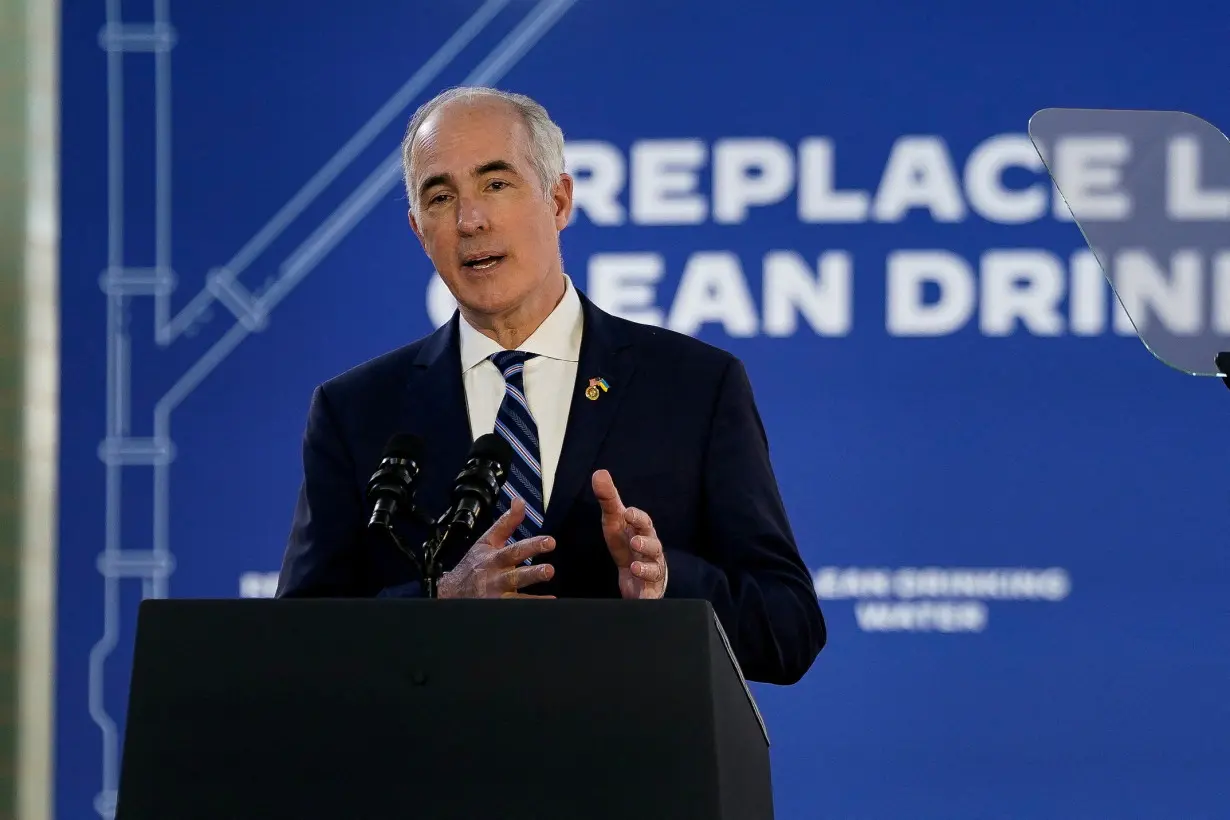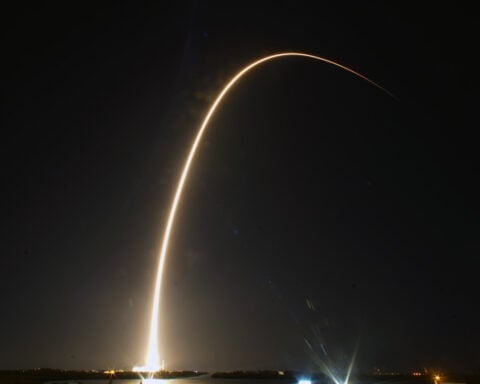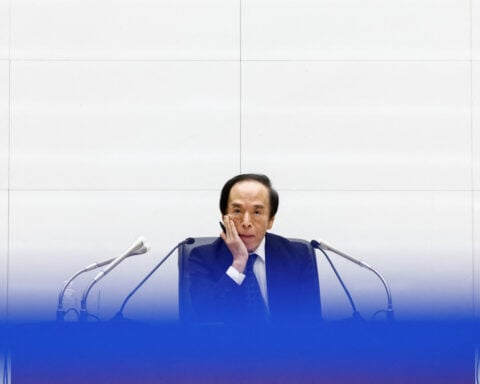By Karen Freifeld
(Reuters) - Two U.S. senators plan to introduce a bipartisan bill on Thursday that would require private equity firms to make public how much they invest in China and other countries of concern.
The bill, set to be introduced by Democratic Senator Bob Casey and Republican Senator Rick Scott, is the latest effort to track U.S. investments in China.
"The American people deserve to know where and how their savings are being invested," Casey said in a statement.
The United States has sought to crack down on U.S. investment in China over fears U.S. dollars and know-how are aiding Beijing's technological advances to modernize its military.
U.S. private investment firms have poured more than $80 billion into China between 2018 and 2022, some via pension plans, according to Casey's office.
The new congressional measure would require private equity funds to annually disclose assets invested in China, Iran, Russia and North Korea to the U.S. Securities and Exchange Commission, which would then be required to make public a report based on the information.
It would also require disclosure of certain information about private security sales.
Rick Scott's office did not immediately respond to an emailed request for comment.
Casey has also co-sponsored a measure that would require government notification of investments in certain sensitive technology sectors in China. That measure has been added as an amendment to the Senate's National Defense Authorization Act (NDAA) and may or may not survive reconciliation with the House's version.
The new bill also comes in the wake of an executive order on outbound investment to prohibit some U.S. investments in China in semiconductors and microelectronics, quantum computing and artificial intelligence, and require notification of others. The order has not yet been implemented.
(Reporting by Karen Freifeld; Editing by Sharon Singleton)

 UK inflation unexpectedly eases in December, which could reduce pressure in bond markets
UK inflation unexpectedly eases in December, which could reduce pressure in bond markets
 Body count from South African mine siege rises to 60
Body count from South African mine siege rises to 60
 US importers rush in goods from China as Trump tariff threat looms
US importers rush in goods from China as Trump tariff threat looms
 Novak Djokovic breaks a tie with Roger Federer for the most Grand Slam matches in tennis history
Novak Djokovic breaks a tie with Roger Federer for the most Grand Slam matches in tennis history
 China's RedNote: what you need to know about the app TikTok users are flocking to
China's RedNote: what you need to know about the app TikTok users are flocking to
 British author Neil Gaiman denies ever engaging in non-consensual sex as more accusers come forward
British author Neil Gaiman denies ever engaging in non-consensual sex as more accusers come forward








